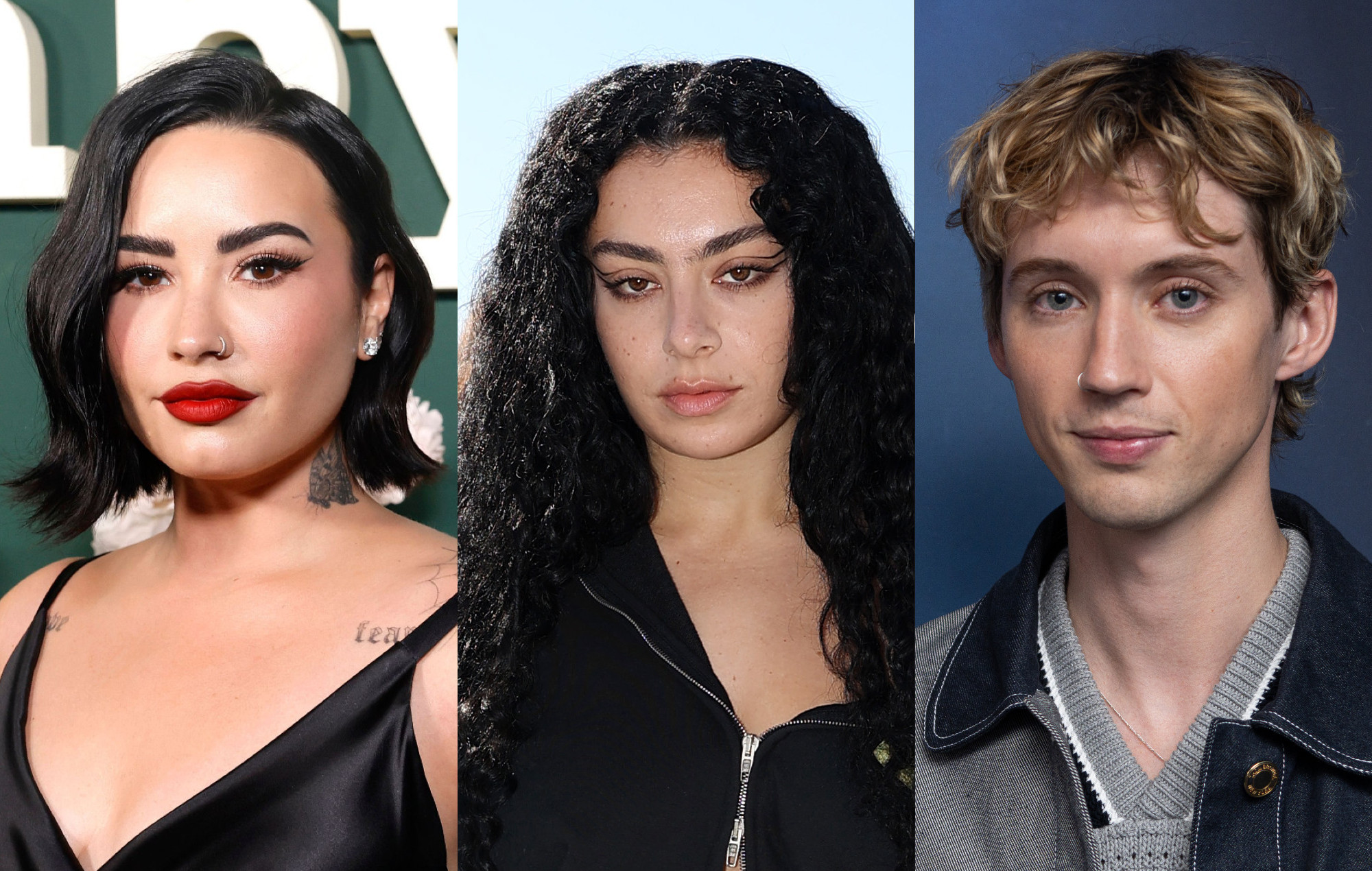YouTube has launched a new feature that will allow users to make music using A.I. voice clones of some of the world’s biggest artists.
READ MORE: Beyond human imagination: How AI is pushing the boundaries of entertainment
Earlier this week, the streaming platform announced Dream Track – a text-based feature that will use artificial intelligence to generate songs based on what qualities the user wants, such as the track’s mood or concept. Last month, it was reported that the feature was in development and that YouTube was in talks with the world’s biggest label groups; Universal Music Group (UMG), Sony Music Entertainment and Warner Music Group.
Nine artists have already lent their voices to the cause – Demi Lovato, Alec Benjamin, Charlie Puth, Charli XCX, John Legend, Sia, T-Pain, Troye Sivan, and Papoose — and the experiment will only be available for a small group of users.
In a blog post, a YouTube spokesperson said that Dream Track song snippets will be up to 30 seconds long. Lyor Cohen, YouTube’s global head of music, and Toni Reid, VP of Emerging Experiences and Community, explained that the “experiment” is “designed to help explore how the technology could be used to create deeper connections between artists and creators, and ultimately, their fans.”
“Combined, these experiments explore the potential of AI features to help artists and creators stretch their imaginations and augment their creative processes,” they said. “And, in turn, fans will be able to connect to the creatives they love in new ways, bringing them closer together through interactive tools and experiences. All of this will help us iterate and enhance the technology, informing applications for the future.”
Dream Track was one of the many new A.I. music features YouTube and Google announced.
“Imagine being able to more seamlessly turn one’s thoughts and ideas into music; like creating a new guitar riff just by humming it or taking a pop track you are working on and giving it a reggaeton feel,” Cohen and Reid said in the blog post. “We’re developing prospective tools that could bring these possibilities to life and Music AI Incubator participants will be able to test them out later this year.”
Charli XCX and Demi Lovato have both shared their reasons as to why they are a part of Dream Track. The former said in a statement: “When I was first approached by YouTube, I was cautious and still am.
“A.I. is going to transform the world and the music industry in ways we do not yet fully understand,” XCX continued. “This experiment will offer a small insight into the creative opportunities that could be possible and I’m interested to see what comes out of it.”
In a separate statement, Demi Lovato enthused: “My career has been about pushing boundaries and creating the most interesting music for my fans. I am open-minded and hopeful that this experiment with Google and YouTube will be a positive and enlightening experience.”
Dream Track is similar to Google’s already released MusicLM software, which also allows users to create music based merely on text prompts, but MusicLM focuses on making instrumental music whereas Dream Track features pop star vocals.
The A.I. phenomenon has polarised the music industry, with many artists stating their stance on the matter. Recently, Bad Bunny was angered by an A.I.-generated collaboration between him and Justin Bieber that went viral. Also, ABBA‘s Bjorn Ulvaeus said that the technology will be “another very serious, existential challenge” that “will radically change the world for creators and the creative industry”. Some artists believe that artificial intelligence is good for the creative industry. David Guetta said that “the future of music is in AI” after showing off an A.I.-generated Eminem verse in a DJ set in February.
READ MORE: I used Grimes’ AI vocals to make a hit – here’s how I did it
Grimes has permitted fans to release music using her cloned voice and released over 200 GrimesAI Records for content creators to use.The singer previously insisted that she is fully open to it because “it’s cool to be fused [with] a machine”, before she unveiled Elf.Tech, her own AI voice mimicking software that will allow fans to record and release music using her voice, and then going on to claim that she believes streaming platforms like Spotify should have a section dedicated to AI music.
In March, Universal Music Group removed an A.I.-created Drake and The Weeknd song ‘Heart On My Sleeve’, which appeared in Spotify’s Viral 50 playlist and garnered millions of views on TikTok. UMG said they have “a fundamental legal and ethical responsibility” to prevent acts that “harm artists” as well.
The post YouTube launches new A.I. feature using voice clones of major artists appeared first on NME.




